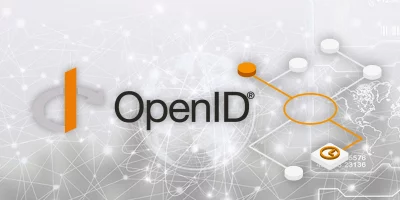
A new way to think about zero trust for workloads
Static credentials have been a weak point in cloud security for years. A new paper by researchers from SentinelOne takes direct aim at that issue with a practical model for …

Life, death, and online identity: What happens to your online accounts after death?
The rapid technological advances of recent decades have transformed nearly every aspect of our lives. One major shift is that many of us now maintain extensive digital …

OpenID Foundation sets new standards for real-time security event sharing
The OpenID Foundation (OIDF) has approved three Final Specifications, establishing the first global standards for real-time security event sharing across digital identity …

FAPI 2.0: How the OpenID Foundation is enabling scalable interoperability in global healthcare
In this Help Net Security interview, Gail Hodges, Executive Director at the OpenID Foundation, discusses how the Foundation ensures global consistency in FAPI 2.0 …

Regulations are driving innovation toward an identity layer on the Internet
The security community often points to the inherent lack of an encryption layer on the Internet as a factor behind many of the related threat vectors. The decentralized nature …

Microsoft offers bug bounties for holes in its identity services
Microsoft is asking security researchers to look for and report technical vulnerabilities affecting its identity services and OpenID standards implementations, and is offering …